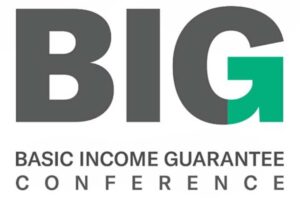Author’s note: This was one of my first blogs on HuffPost, published 02/22/2009, soon after President Obama was inaugurated as President.
After an historic Martin Luther King Day Weekend and the inauguration of our first African-American President, civil rights are on people’s mind. We’ve come a long way, but a new civil rights issue is arising in the 21st century: equal carbon emissions rights.
Climate change is usually seen as an environmental issue. Occasionally a religious group will remind us that there is a strong moral component to climate change. It’s true that those responsible for causing climate change are primarily in wealthy countries like the U.S., while the people expected to suffer the most are in impoverished countries such as island nations, sub-Saharan Africa, and countries like Bangladesh. Not only will poor countries have to adapt to rising sea levels and extreme weather events, but those impacts will delay or prevent poor countries’ development out of poverty. Hurricane Katrina gave the U.S. a glimpse of this double whammy on the poor.
A second moral question arises in mitigating or reducing the emissions that cause climate change. Greenhouse gas emissions correlate with short-term economic development, at least until we can remove carbon from basic needs such as transportation and electricity. In economists’ view, if environmental protection is a “luxury,” then developing countries should emit as much as they need to, and later, when they’re wealthier, create environmental laws to deal with the mess made by industrialization. Unfortunately, the 20th century industrialized nations have already used up much of the atmosphere’s capacity to absorb greenhouse gases. Now in the 21st century, the world must reduce, not increase, greenhouse emissions.
Even if they don’t have access to a car or electricity yet, the poorest people in Africa have a right to their portion of the limited global emissions allowed under a global cap. Groups such as EcoEquity in the U.S., the Ireland-based Foundation for the Economics of Sustainability (FEASTA), and CSE India advocate for distributing a tradable equal right to emit to all individuals. Two approaches for implementing this are Cap and Dividend and Cap and Share. In Cap and Dividend, the government auctions permits to upstream fossil fuel companies, and then returns the revenues to people as a per capita dividend. Under Cap and Share, individuals could receive certificates or debit cards that can be sold to upstream fossil fuel companies, who then return them to the government in order to import or distribute fuel. As the cap on emissions declines, the number of permits or shares decrease. An international institution (named a “Sky Trust” by author Peter Barnes) would set up rules for a per capita allocation of emission rights. Such rules may include formulas to remove any incentive for population growth, or to set aside some funds for adaptation in poor countries.
Could the U.S. sign on to something like this at next year’s international climate conference in Copenhagen? U.S. negotiators should be prepared for threats from India, China, and other developing countries to oppose any treaty without a strong equity component, possibly involving per capita emissions. Will U.S. domestic cap-and-trade legislation, or similar systems in California and other states, include an equity or emission rights component? California utilities are engaged in a tug of war over cap-and-trade because L.A. doesn’t want to subsidize Northern California. Perhaps a per capita equity solution such as Cap and Dividend could break the stalemate.
Martin Luther King, Jr. showed us that the key to gaining support for an equity-based proposal is to remind people that civil rights are not a zero sum game. Everyone gains from being part of a society where each person is treated fairly. Maybe this civil rights theme will help advocates for equal greenhouse gas emissions rights during the hopeful Obama years.




